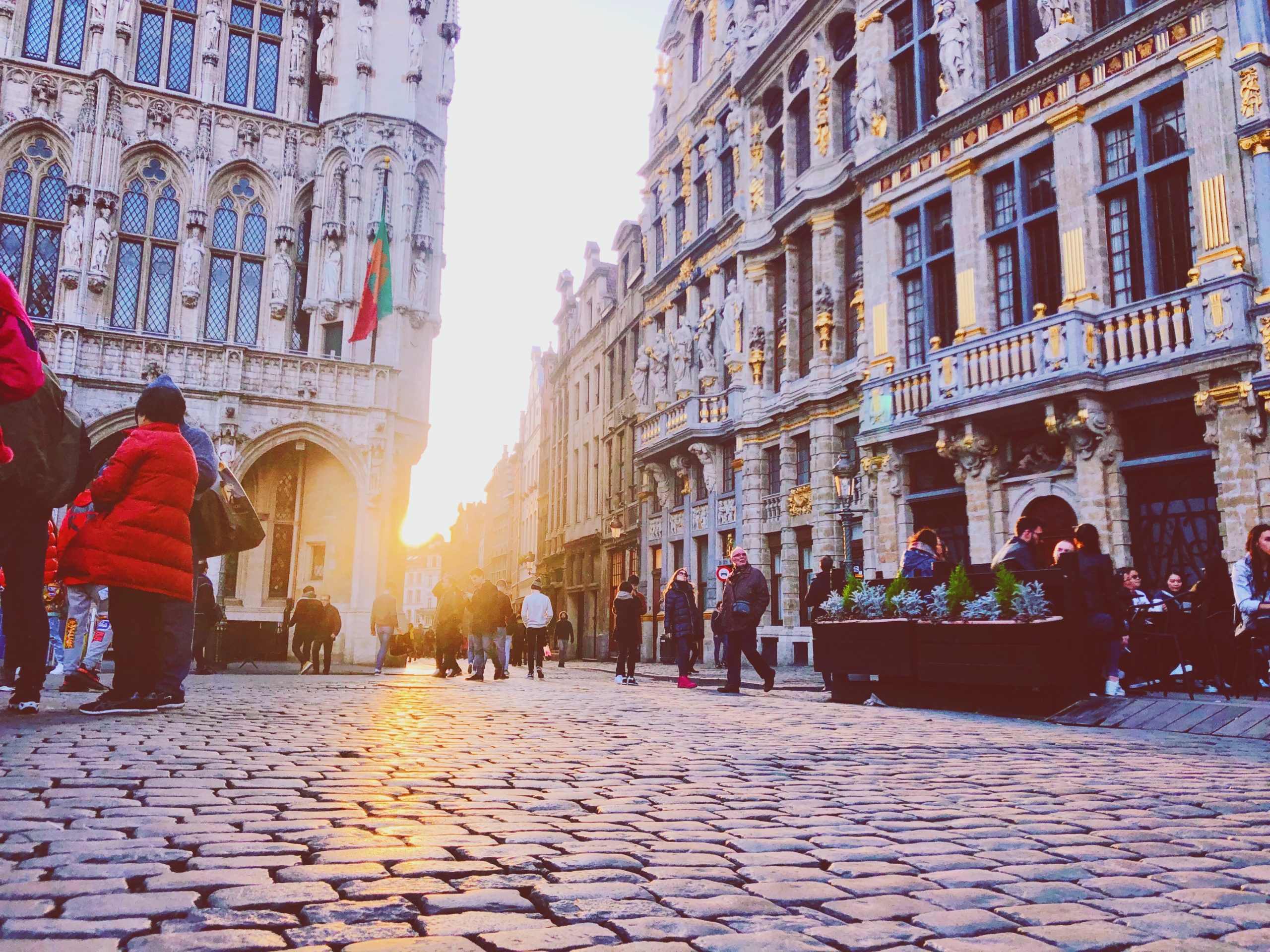
Innovation, Environment and Sustainability.
These are the keywords that will shape the future of European cooperation strategy and the heart of the Interreg agenda for 2021-2027, according to the first draft of the Interreg Europe Cooperation Programme (2021-2027).
COVID-19 caused one of the biggest crises in our society since the word wars, but also made us take a leap into the future.
Profound changes are indeed shaping lifestyles and economic and social systems.
The weight of new technologies in our daily life is advancing at a fast pace.
In the background, climate change continues its inexorable run.
Quickly seeing these shifts and adapting accordingly will be the difference between successful and weak regional development policies in Europe over the following years.
Interreg programmes translate European cooperation strategy into concrete actions by funding projects that have a direct and powerful impact on regional development policies.
For instance, a study on the previous Interreg IVC Programme showed that more than 70% of projects under Interreg Europe had a long-term effect and a deep impact on the relevant territories, influencing regional and even national strategies and lead to structural changes in these regions.
Due to their profound influence on regional policies, knowing the following extent of Interreg programmes means understanding which topics will have more weight in future interregional cooperation funded projects.
In this article, we will take a look at the top priorities for the new Interreg Europe agenda and its complementarity with other funding programmes.
A Smarter Europe

Innovation is the first pillar of the future of Europe.
New regional policies aim to reduce inequality between European countries, with the most innovative projects actually concentrated in capital city regions, and islands of innovation in less developed regions will be sustained, as driving forces to ignite renovation in these areas.
Another important effort will be directed toward digital skills acquisition for groups with fewer opportunities, such as elderly and disadvantaged people.
Interreg Europe will sustain a smarter Europe by funding projects focused on exchanging experiences and policy learning in key areas such as skills development for smart specialisation and entrepreneurship, digitalising the economy and society, using new advanced technologies and innovation within SMEs.
With regard to research and innovation, Interreg funds will integrate perfectly into some Horizon Europe actions.
And for SMEs, policy learning support could be envisaged towards the COSME programme, the Start-Up Europe initiative and the EIC Accelerator programme.
A Greener Europe

Climate change is probably the most important challenge that European Commission intends to deal with in the following years.
Indeed, the European Green Deal has a primary role in some of the most important EU funding programmes, such as Horizon Europe, Life, and Erasmus Plus.
Interreg Europe will play its part.
Being the second top priority of Interreg agenda, funds will be directed towards projects aimed at disseminating and adopting best practices from virtuous regions, promoting the transition to a circular economy, adapting to climate change, water management, risk prevention and disaster resilience, energy-efficiency measures, investing in biodiversity and green infrastructures.
Interreg Europe’s support for a greener, low-carbon and resilient Europe could benefit the specific instruments derived from the European Green Deal, the Resource Efficient Europe Flagship Initiative, the Circular Economy Package, the Life Programme, the EU Biodiversity Strategy and the EU Strategy on Green Infrastructure.
A More Connected Europe

A Europe closer to citizens, and citizens closer to each other.
This is another pillar of the future Interreg agenda.
To date, more than 20% of regions are insulated from the rest of the European territory.
With a word that is exponentially discovering pros and cons of remote-working and digital interconnections, actions to improve the quality of digital infrastructures are paramount to igniting a renaissance of peripheral and rural areas in Europe.
As such, large Interreg Europe funding will be directed towards adopting regional policies and growing new digital infrastructures and transport connections to improve the accessibility of remote areas.
The EU Urban Mobility Package could benefit from interregional policy learning on sustainable multimodal urban mobility, whereas the Digital Europe Programme could be target digital connectivity.
A More Social Europe

Disparities and social problems have been severely accentuated by COVID-19.
Unemployment and failures of private companies were hit hard especially in regions where tourism or culture dominated the economic growth.
Interreg Europe will fund projects to transfer best practices and exchange of experiences between regions to enhance the labour market, reduce unemployment and relaunch the sectors most affected by the crisis.
In this case, coordinating with the other 3 Pan-European programmes, URBACT, INTERACT and ESPON, will ensure that the cause is widely supported with each of these programmes funding a different area of intervention.
In particular, important actions could be implemented that combine Interreg Europe and INTERACT funds, both dealing with common subjects such as Investment for Jobs and Growth programmes.
Healthcare systems in Europe have been under stress since the beginning of the health emergency.
Ensuring equal access to healthcare and fostering resilience of healthcare systems is another top priority for the future Interreg Europe agenda.
With regard to accessing healthcare, the Health Programme together with Horizon Europe could be an area for complementarities.
The Operational Pathway
The objectives of the future Interreg Europe programme are important, but how will this agenda be converted into concrete calls for proposals and put into practice?
Until now, there are only indications about the operational pathway but new details will arrive in the following months.
Anyway, the new programme should move along two strands.
On one hand, Interreg Europe should support interregional cooperation projects between regional policy stakeholders, dedicated to exchange, capacity building and transferring good practices and innovative approaches, in line with the previous programme.
On the other hand, the programme will continue to ease policy learning on an ongoing basis, in line with the policy-learning platform approach.
 By
By
Share: